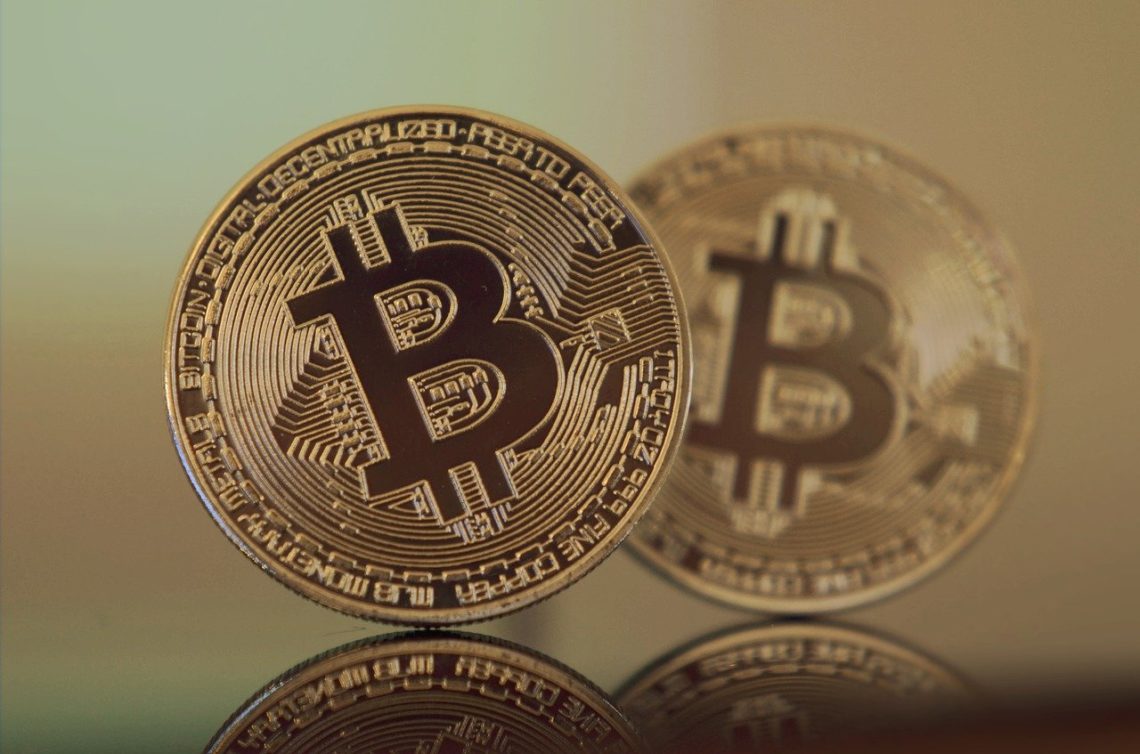El Salvador’s plan to turn bitcoin (BTC) into the state’s legal tender is at hand as it will become official in a few days. However, a recent survey has just revealed that most Salvadorans are still skeptical about this impending law upon them.
The Jesuit school of Central American University conducted the survey as this was carried out in August. 1,281 people responded to it and showed that seven out of 10 people do not have full comprehension as to what bitcoin is. Further, it also showed that only 4.8 percent of those participants have identified BTC as a cryptocurrency and two out of 10 people don’t have the slightest idea what bitcoin is.
The survey is also suggestive that 68 percent of the respondents expressed their disgusto with using bitcoin as their legal tender. These results from the survey came just days before the law making the king coin as El Salvador’s legal tender went into full effect on September 7.
UCA Dean Andreu Oliva commented about the survey saying that for the first time, they found a significant disagreement between the population and decisions being made by the Legislative Assembly and the president. In line with this, hundreds of Salvadorans have protested the bitcoin law in the capital of San Salvador.
Demonstrators – including veterans, pensioners, and workers – have voiced their concerns about the utilization of bitcoin, especially if in the future it was relied on to pay for pensions and welfare instead of the greenback. Salvadorans’ attitude toward the bitcoin law has grown to be entangled with concerns over El Salvador’s poor economic performance.
Looking back at the survey, it was discovered that 45 percent of the country’s citizens believe that both unemployment and poverty are the two most urgent problems facing the country. Meanwhile, 43 percent think that the nation’s economy will worsen with the passing of the bitcoin law.
The World Bank data
The World Bank, on the other hand, stated that 22.8 percent of El Salvador’s population are currently living under the poverty line, while the average annual income within the country is just $3,800. Also, more than two-thirds of El Salvador’s population do not believe that their economy will have any improvements albeit with the increase to its minimum wage.
Bukele’s efforts
If there’s something good to be taken from the said survey, this would be the recent figures suggestive that the number of citizens who have no understanding at all about bitcoin has been trimmed down by more than half from July’s figure of 46 percent. El Salvador’s president – Nayib Bukele – on August 30, shared the nation’s first bitcoin TV ad over on Twitter. It featured tutorials on how to use the digital wallet dubbed as “Chivo” that can be used to transfer values and purchase goods.
Bukele also tweeted several images of bitcoin ATMs that are scheduled to be scattered across El Salvador. The leader claims that around 50 of these machines will be up and running on September 7. That said, it was estimated that the move to adopt BTC will save the country around $400 million annually in remittance fees.
Steve Anderson is an Australian crypto enthusiast. He is a specialist in management and trading for over 5 years. Steve has worked as a crypto trader, he loves learning about decentralisation, understanding the true potential of the blockchain.


 Home
Home News
News








